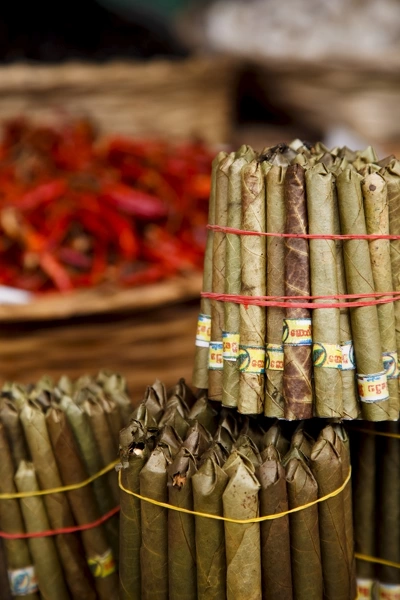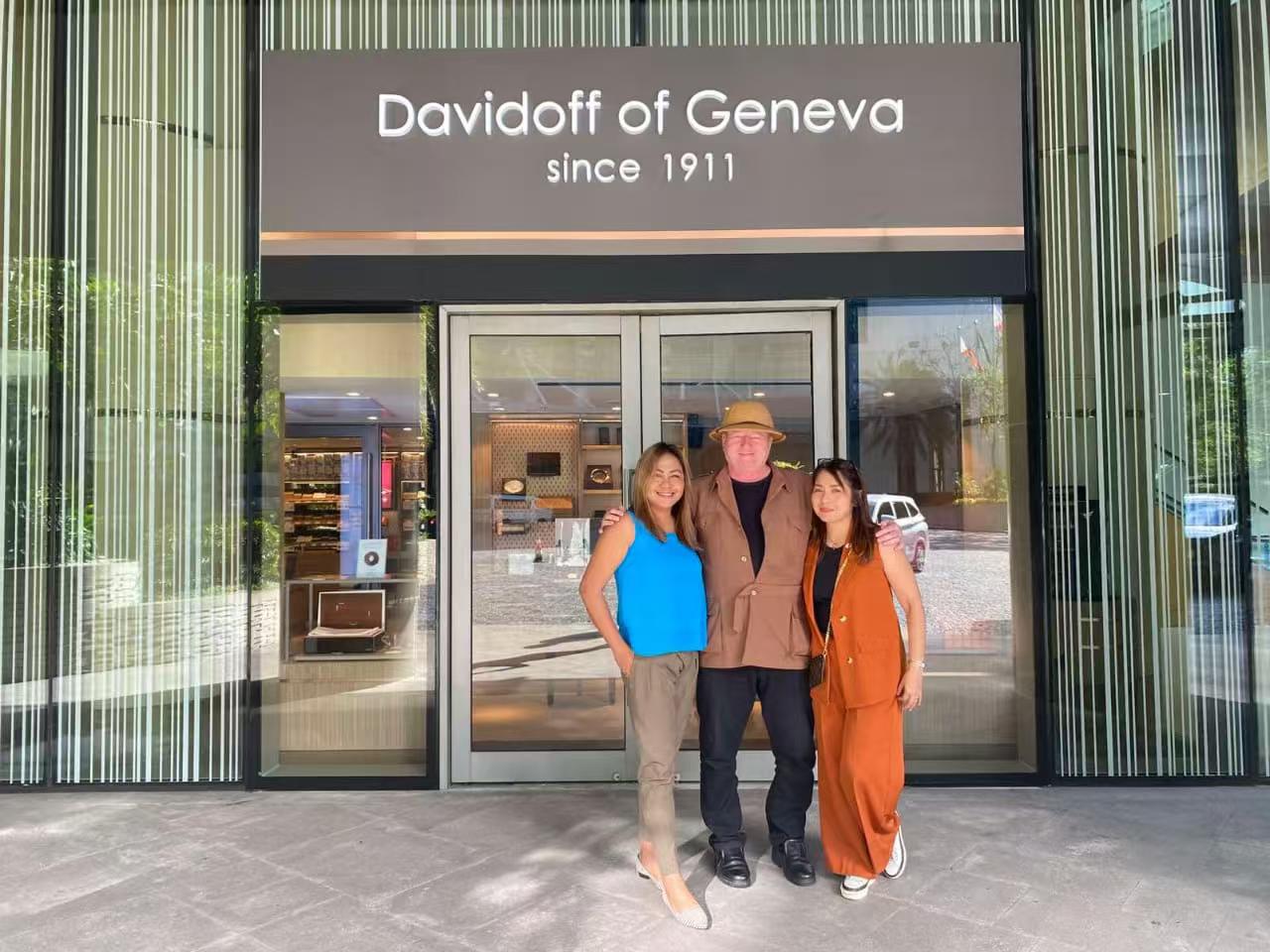Jake Sanders, Editor
In the lush, mountainous regions of Southeast Asia, where tradition meets nature, the hilltribes have cultivated a unique cultural practice that has endured for centuries: the art of cigar making. These handcrafted cigars, made from locally sourced tobacco, are not only a source of pride for the hilltribe communities but also a vital aspect of their social rituals and economic sustenance.
The hilltribes, including the Akha, Hmong, and Lahu, have long used tobacco in their traditional ceremonies and social gatherings. Unlike commercial cigarettes, which are mass-produced and laden with additives, hilltribe cigars are crafted from organic tobacco leaves, often grown in small family plots. The process involves meticulous hand-rolling, with each cigar reflecting the personal touch and skill of its maker.
Cultural Significance
For the hilltribes, cigars are more than just a means of enjoyment; they symbolize hospitality, friendship, and cultural identity. During festivals and important life events, such as weddings and harvest celebrations, sharing cigars is a gesture of goodwill and community bonding. Elders often impart wisdom and stories while smoking, reinforcing the connection between generations.
However, this rich tradition faces significant challenges. Modernization, urban migration, and the rise of synthetic alternatives have led to a decline in the younger generation’s interest in traditional cigar making. Moreover, environmental changes threaten the tobacco cultivation that many hilltribes rely on.
Economic Challenges
Economically, the cigar industry provides a crucial source of income for many families in these remote regions. Yet, limited access to markets and fair pricing has hindered the growth of this traditional craft. Many artisans struggle to compete with mass-produced products, which often flood local and international markets at a fraction of the price.
In response, local NGOs and cultural preservation groups are stepping in to support these communities. Initiatives aimed at promoting fair trade practices and increasing awareness of the cultural significance of hilltribe cigars have gained momentum. These efforts not only aim to sustain the cigar-making tradition but also to empower hilltribe women, who often play a key role in production and sales.
A Call for Preservation
Experts warn that without intervention, the unique techniques and cultural practices surrounding hilltribe cigar making could vanish within a generation. Cultural anthropologists emphasize the importance of preserving such traditions, highlighting their role in fostering diversity and understanding in an increasingly homogenized world.
As the global demand for artisanal and organic products rises, there is a growing opportunity for hilltribe cigars to find their niche in the market. With the right support, these communities can continue to share their cultural heritage while adapting to modern challenges.
The cigars of Asia’s hilltribes are more than just a product; they are a representation of resilience, culture, and community. As we navigate an ever-changing world, it is imperative to recognize and celebrate the traditions that enrich our global tapestry. The preservation of hilltribe cigars is not just about maintaining a craft; it is about honoring the heritage and stories of those who have cultivated it for generations.



